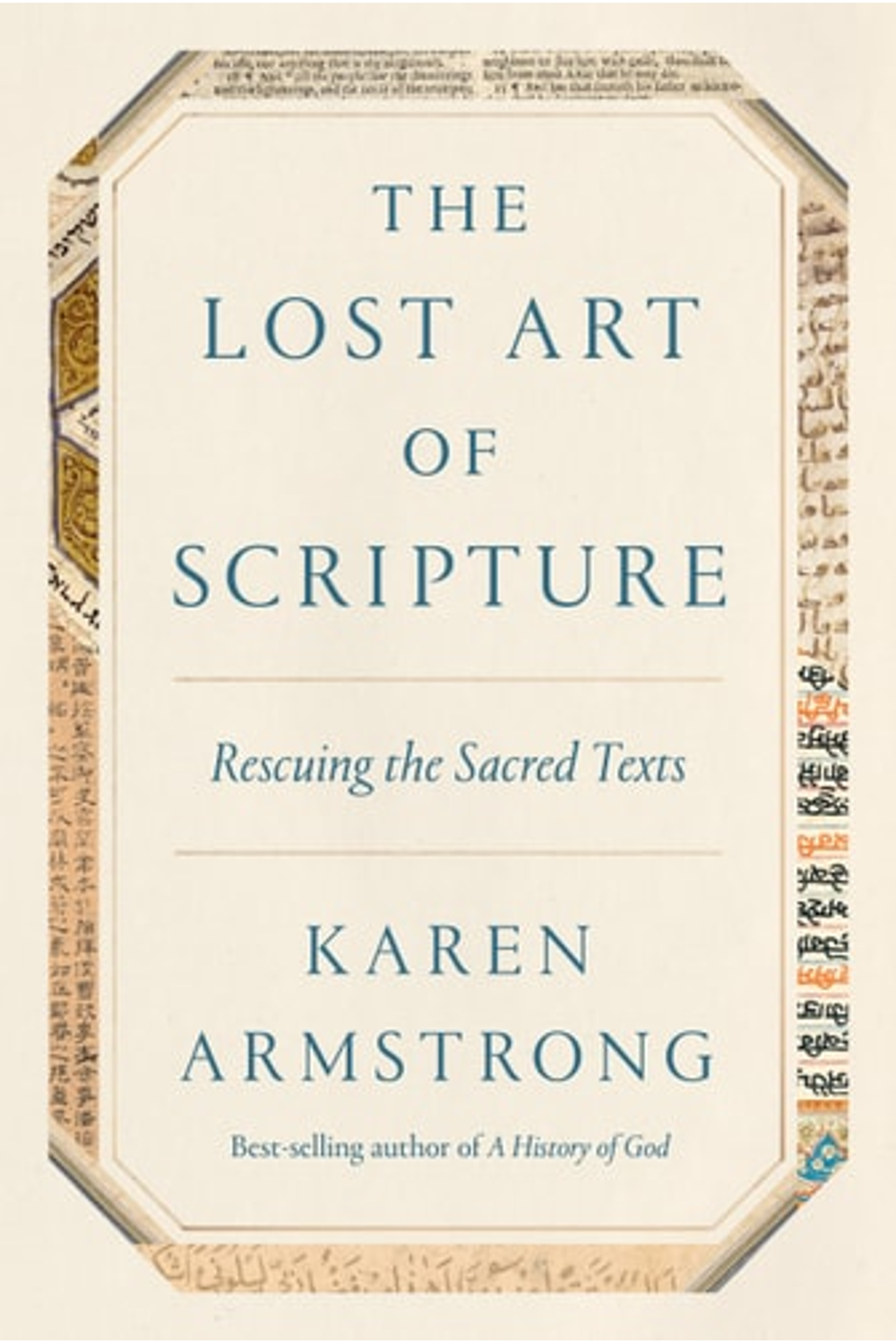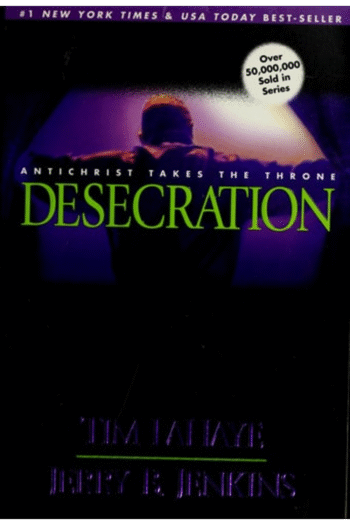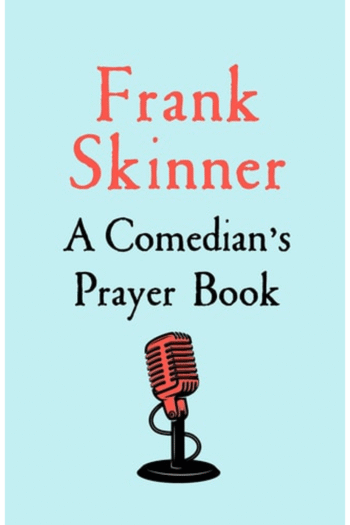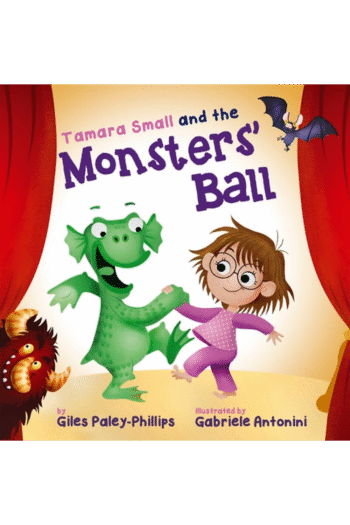“The Lost Art of Scripture” by Karen Armstrong offers a vital antidote to the misinterpretations plaguing modern religious discourse. A celebrated scholar of comparative religion, Armstrong delves into the historical context of sacred texts, revealing how they were once tools for profound spiritual experience and ethical engagement, not literal doctrines used to justify conflict. Examining traditions like Judaism, Christianity, and Islam, she exposes how a shift toward literal interpretation has impoverished our understanding and fueled division. Armstrong advocates for a return to traditional methods of interpretation allegory, parable, contemplation enabling a personal and transformative connection with scripture’s deeper wisdom. This isn’t just a critique; it’s a practical guide to reclaiming a more compassionate and nuanced engagement with the sacred, urging readers to discover the lost potential for unity and understanding embedded within these ancient words. A crucial read for anyone seeking to bridge divides and rediscover the spiritual heart of religious texts. Published in 2019 by Knopf, this hardcover edition is a significant resource for understanding the role of scripture in today’s world.
The Lost Art of Scripture: Rescuing the Sacred Texts
22,81 $
In stock
Today the Quran is used by some to justify war and acts of terrorism, the Torah to deny Palestinians the right to live in the Land of Israel, and the Bible to condemn homosexuality and contraception. The significance of scripture may not be immediately obvious in our secular world, but its misunderstanding is perhaps the root cause of many of today’s controversies.
In this timely and important book, one of the most trusted and admired writers on the world of faith examines the meaning of scripture. The sacred texts have been coopted by fundamentalists, who insist that they must be taken literally, and by others who interpret scripture to bolster their own prejudices. These texts are seen to prescribe ethical norms and codes of behavior that are divinely ordained: they are believed to contain eternal truths. But as Karen Armstrong shows in this chronicle of the development and significance of major religions, such a narrow, peculiar reading of scripture is a relatively recent, modern phenomenon. For most of their history, the world’s religious traditions have regarded these texts as tools that enable the individual to connect with the divine, to experience a different level of consciousness, and to help them engage with the world in more meaningful and compassionate ways.
At a time of intolerance and mutual incomprehension, The Lost Art of Scripture shines fresh light on the world’s major religions to help us build bridges between faiths and rediscover a creative and spiritual engagement with holy texts.
- Additional information
- Currencies
- USD – United States dollar
- EUR – Euro
- GBP – Pound sterling
- CNY – Chinese yuan
- BRL – Brazilian real
- MXN – Mexican peso
- JPY – Japanese yen
- PHP – Philippine peso
- THB – Thai baht
- PLN – Polish złoty
- CAD – Canadian dollar
- MYR – Malaysian ringgit
- AUD – Australian dollar
- TWD – New Taiwan dollar
- CZK – Czech koruna
- SEK – Swedish krona
- HUF – Hungarian forint
- ILS – Israeli new shekel
- CHF – Swiss franc
- HKD – Hong Kong dollar
- DKK – Danish krone
- SGD – Singapore dollar
- NOK – Norwegian krone
- NZD – New Zealand dollar





